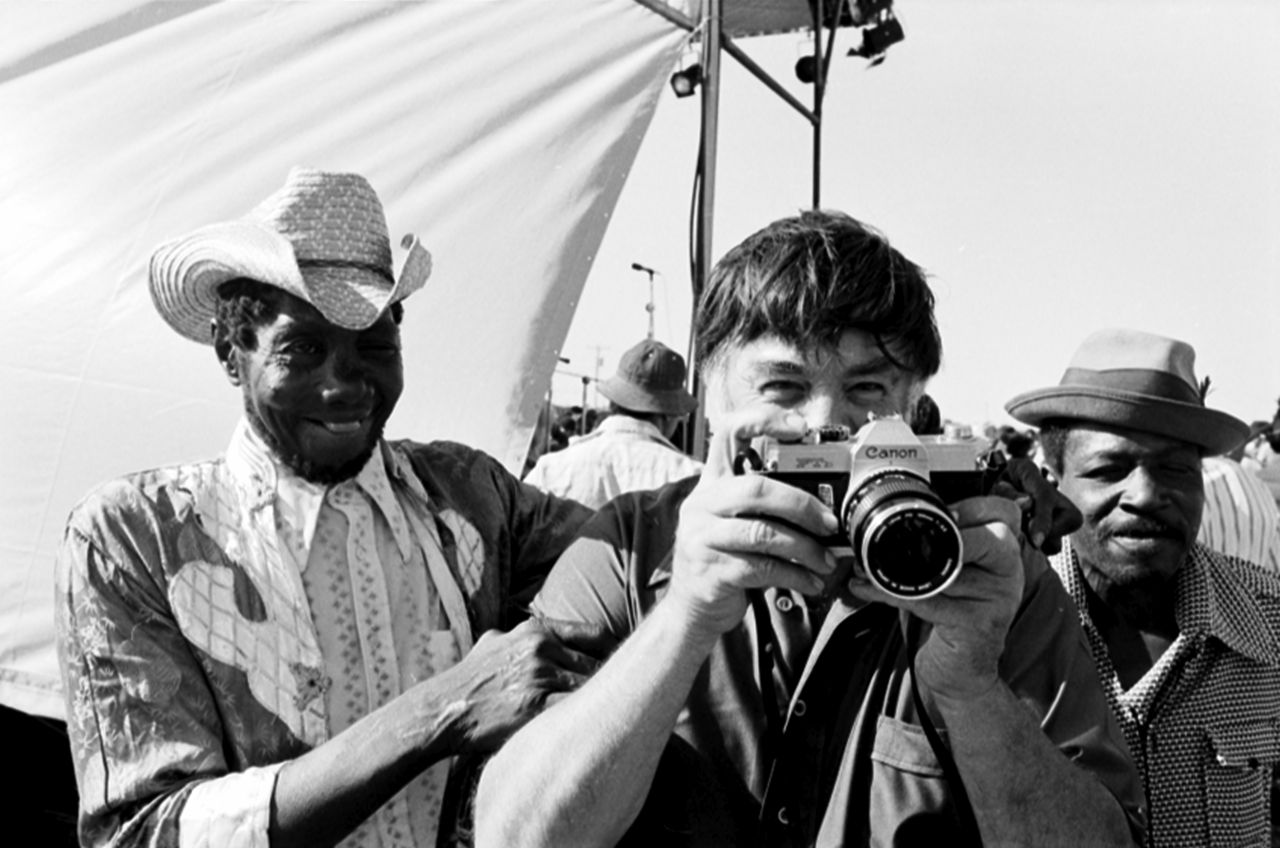

In 1950, Lomax relocated to England, where he remained for much of the decade there he documented the traditional music of the British Isles, with his recordings becoming the basis of the ten-disc 1961 series Folksongs of Great Britain. In 1946, he sat down with Memphis Slim, Sonny Boy Williamson, and Big Bill Broonzy to explore the origins and philosophy of the blues, issuing the sessions in 1959 as Blues in the Mississippi Night he spent the remainder of the decade recording prison songs in the Mississippi area, and in 1948 became host and writer of the Mutual Broadcasting Network series On Top of Old Smokey. A year later, he premiered "American Folk Songs," a 26-week historical overview broadcast as part of the CBS radio series American School of the Air Lomax also continued to write and direct special broadcasts promoting the war effort in the months ahead. In 1938, Lomax turned to jazz, recording more than eight hours of vocals, instrumentals, and spoken recollections from one of the founders of the form, Jelly Roll Morton. Concurrently, the Lomaxes teamed on a number of books, including 1934's American Ballads and Folksongs, 1936's Negro Folk Songs as Sung by Leadbelly, 1937's Cowboy Songs, and 1938's Our Singing Country. He also recorded in Haiti and the Bahamas, pioneering the archival study of world music which increased in the decades to follow, and in the field made the first-ever recordings of Woody Guthrie, Muddy Waters, and Aunt Molly Jackson. and others - recorded folk and traditional music for the Library of Congress throughout the Deep South, as well as in New England, Michigan, Wisconsin, New York, and Ohio. Beginning in 1933 and lasting through to 1942, Alan - working alone as well as in conjunction with his father, writer Zora Neale Hurston, musicologist John Work. Ledbetter went on to fame under the name Lead Belly, and remains one of the true legends of American folk and blues. Among the musicians the Lomaxes encountered during their travels that summer was a Louisiana prisoner named Huddie Ledbetter they helped obtain his release, employing him as a chauffeur and making his first recordings. in just four months, they collected a wealth of African-American work songs, many of them recorded at various penitentiaries.

In 1932, John was contracted to assemble a book of folk songs, and soon he and Alan set out with a crude recording machine paid for by the Library of Congress covering some 16,000 miles of the southeastern U.S. Lomax, the nation's preeminent collector of cowboy songs, he was born Januin Austin, Texas from childhood on he followed in his father's footsteps, assisting in song-gathering missions whenever possible. Scouring the backroads, honky tonks, and work camps of the Deep South, he unearthed a treasure trove of songs and singers, documenting the music of the common man for future generations to discover through Lomax's pioneering efforts, cultural traditions ranging from the Delta blues to Appalachian folk to field hollers continue to live on, with his invaluable recordings offering a compelling portrait of times and cultures otherwise long gone. Few figures deserve greater credit for the preservation of America's folk music traditions than Alan Lomax.


 0 kommentar(er)
0 kommentar(er)
